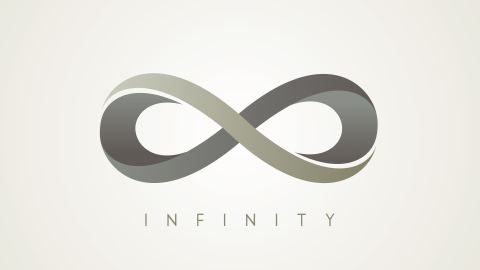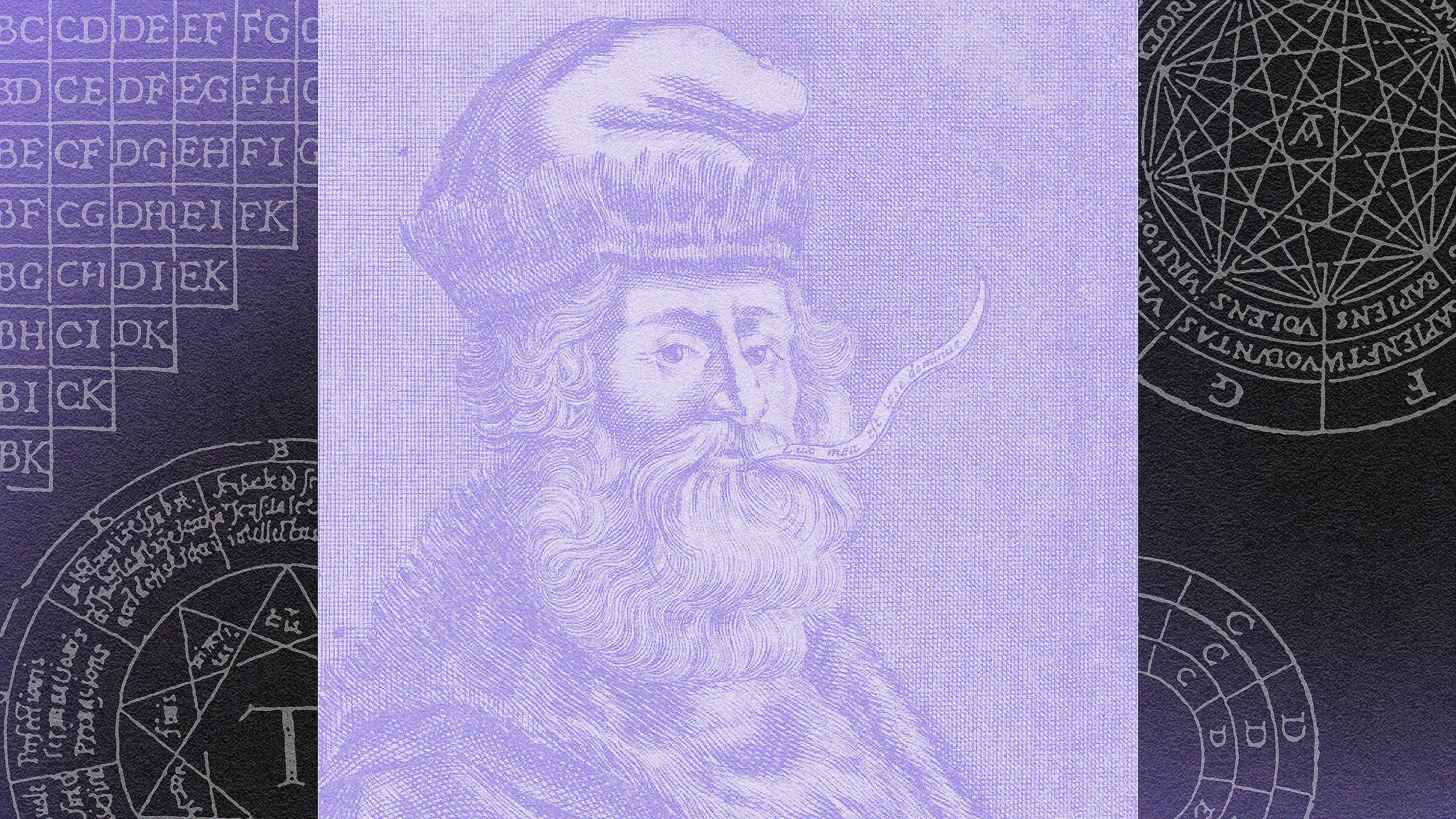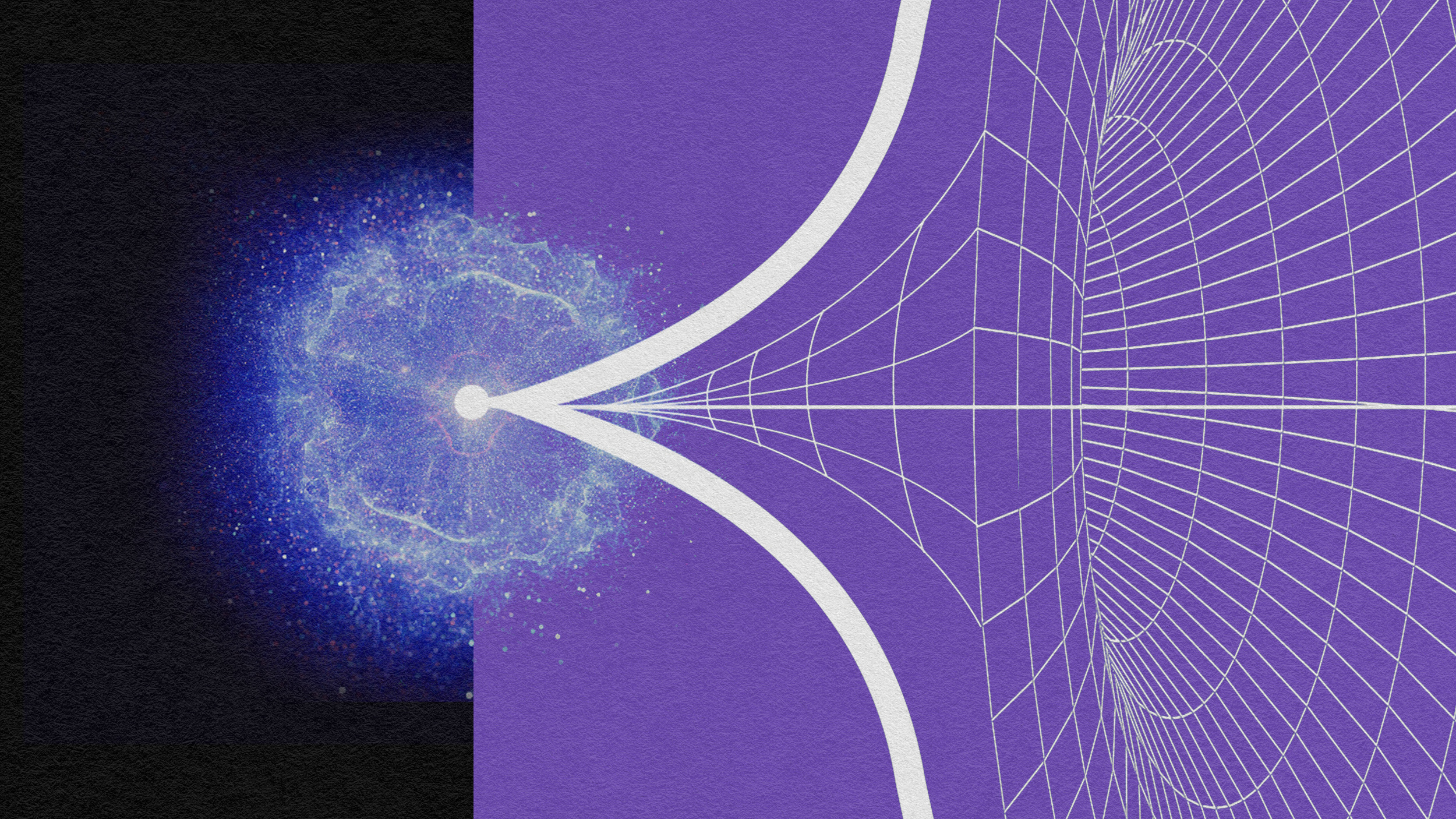Mathematics, More than Theology, Helps Us Know God

Classical theology begins with the premise that God is infinite, but how can humans possibly have knowledge of God when infinity is by definition beyond the bounds of human imagination?
First Things columnist Stephen Webb takes up the issue of an infinite God, comparing the deity to a mathematical expression called Graham’s number, a massively large number that approaches infinity (as much as one can), but still describes a real-world phenomenon (the number of dimensions inside a geometric shape known as a hypercube).
Webb argues that if God is infinite, as theologians insist, then mathematics may aid our understanding more than theology. That’s a sentiment echoed by theoretical physicist Michio Kaku, who explained during a Big Think interview that physics may be the literal mind of God:
“The goal of physics, we believe, is to find an equation perhaps no more than one inch long which will allow us to unify all the forces of nature and allow us to read the mind of God. And what is the key to that one-inch equation? Super symmetry, a symmetry that comes out of physics, not mathematics, and has shocked the world of mathematics. But you see, all this is pure mathematics and so the final resolution could be that God is a mathematician.”
The very idea of infinity, however, is open to question. Aristotle, for one, disliked the notion. For something to exist, it must be definable, and it must therefore have boundaries. But infinity is something without limitation so we cannot define it, meaning we cannot discuss it or even entertain the concept in our minds. And if we are unable to even think of infinity, it becomes a meaningless term.
Aristotle did, however, accept potential infinities: something that continues with no logical end. Thus our thoughts concerning God have potential understanding — a potential which is infinite — though we may still never arrive at understanding what theologians mean by God.
Read more at First Things.





